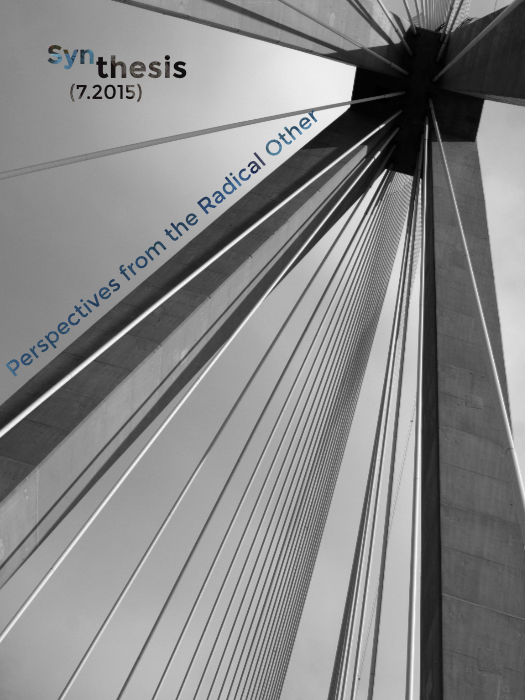Creolizing Cultures and Kinship: Then and There, Now and Here

Abstract
This paper considers literary texts by women writers that trouble mainstream definitions of family and love to figure shared knowledges. Through intercultural performances, they stage conversations between Euro-American, African-American, and African-Caribbean cultures to re-present kinship (Judith Butler) as a concept which by being as elastic as intimacy (Ara Wilson) and affects (Leela Gandhi), enables figurations (Donna Haraway) and hence actions that point towards a shared planetarity (Gayatri C. Spivak). I argue that these cultural products nourish creolizing agency (Edouard Glissant and Kamau Brathwaite) which prevents us from falling into a regime of terror, where crisis is equated to public and domestic paralysis under a state of emergency. This is so because they effectively show how to join poetics with politics and ethics, and thus to build collectivities of belonging (Audre Lorde and Adrienne Rich). I seek to demonstrate that the creolizing capability of such discourse, as articulated for example by Toni Morrison, Kim Ragusa, Joan Anim-Addo, and Jamaica Kincaid, deconstructs otherness without assimilating it, because it embraces translation as the mode (Walter Benjamin) of the always already necessary impossibility. In tune with Rajagopalan Radhakrishnan’s emphasis on translation as a mode which allows us to imagine conjunctures and intersections that have no originals and cannot speak in a single language, this paper insists on the primary importance of critique to confront questions of power; It offers figurations of the global that, by incorporating intimacy, affects, and by troubling kinship, map material and discoursive reality in a manner that is widely inclusive, through affiliation (Edward Said) rather than filiation. By thematizing love as political practice, the literary texts here examined contribute to the phenomenological grounding of the discourse on affects inaugurated by Eve K. Sedgwick and further elaborated by Rosi Braidotti. Kincaid’s See Now Then provides the wording of my argument: because these figurations never forget the then of colonialism, they bring forward a now of globalization that is populated by subjectivities—Radical Others—capable of subverting and transgressing the establishment, without erasing their own vulnerability.
Article Details
- Section
- Articles

This work is licensed under a Creative Commons Attribution 4.0 International License.
The copyright for articles in this journal is retained by the author(s), with first publication rights granted to the journal. By virtue of their appearance in this open access journal, articles are free to use with proper attribution. Synthesis retains the worldwide right to reproduce, display, distribute, and use published articles in all formats and media, either separately or as part of collective works for the full term of copyright. This includes but is not limited to the right to publish articles in an issue of the Journal, copy and distribute individual reprints of the articles, authorize reproduction of articles in their entirety, and authorize reproduction and distribution of articles or abstracts thereof by means of computerized retrieval systems.




